- Learning time
- 20 minutes
- First play time
- 30 minutes
Coup
Designed by: Rikki Tahta
The heart of Coup is bluffing; being as dishonest as possible about your identity without getting caught. Each player has two lives, so if you’re found out twice, you’re out of the game.
The cards show one of five characters (there are three copies of each) – Duke, Assassin, Contessa, Captain and Ambassador. Each of them provides a unique ability, and at the start of the game each player is dealt two cards, which are kept face-down and secret from the other players. Players are also given two coins and the remaining coins form a ‘treasury’ in the centre of the table.
On their turn, a player can take money, attempt an assassination on another player, or pay 7 coins to stage a coup. A successful assassination or coup (a coup is always successful) will force the victim to reveal one of their cards. Once both cards are revealed, a player is out of the game.
Or they can use a character’s special ability instead. The Duke can take 3 coins from the treasury (he can also block other players taking foreign aid when it’s not his turn), the Captain can take 2 coins from another player (unless it turns out to be a captain or ambassador), the Assassin can attempt an assassination (see above), the Ambassador can exchange cards and the Contessa can block an assassination attempt.
Which all sounds like the cards are doing all the playing and you’re merely carrying instructions – except that you only have to show your card if challenged. So you don’t need a Duke card to carry out the Duke action, you just need to convince people you’ve got one. You don’t need an Assassin card to attempt an assassination (or a Contessa to block it, come to that) – you just need to have an air of someone who is clearly telling the truth. If anyone is challenged, then the card is revealed, If you were lying, you lose the card. If you were telling the truth, the challenger loses their card instead. There are only three of each character card so as cards get knocked out the hidden knowledge becomes less and less hidden, and bluffing becomes more risky.
For those who like tension, or practising their poker face, Coup represents a devious lesson in how to be good at lying!
The guru's verdict
-
Take That!
Take That!
The game features player elimination, which can upset sensitive souls; but since the winner is the last one still in, everyone else will get knocked out at some point, and it's a quick game. Also many children seem to really enjoy bluffing games; perhaps because bluffing is a kind of sanctioned lying!
-
Fidget Factor!
Fidget Factor!
If it's not your turn, you're still a potential challenger to anybody else, and may be stolen from. You need to keep your wits about you at all times.
-
Brain Burn!
Brain Burn!
The stress of the game comes from the tension. A first play will probably be confusing, but each game only lasts fifteen minutes so it doesn't take long to get up to speed. A handy player aid shows all the characters special abilities.
-
Again Again!
Again Again!
Coup not only plays differently because of the cards, it plays differently with different people.

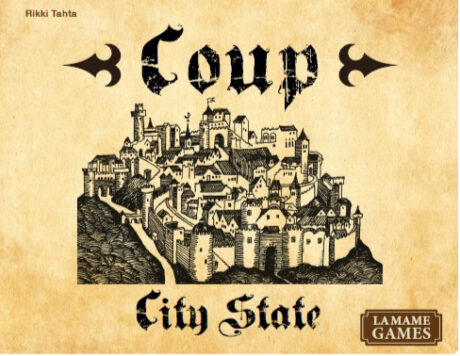
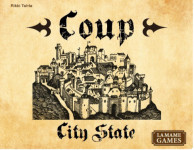
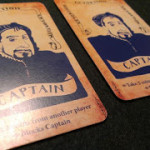
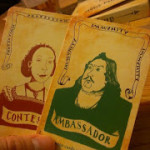


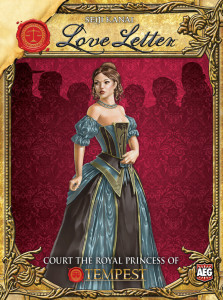

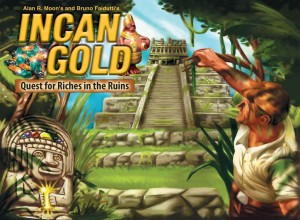
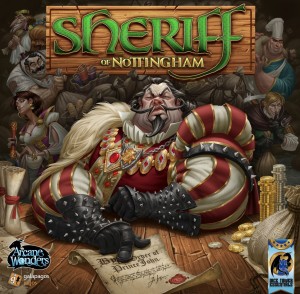
Sam says
Fancy a light game to pass half an hour? Not Coup. It's all about the tension; rather than wanting people to think you're lying, you want them only to doubt you - just enough. Just enough so you can do what you like with them still uncertain of making a challenge. It's a strategists' nightmare because really this game is all about attitude - it out-pokers poker!